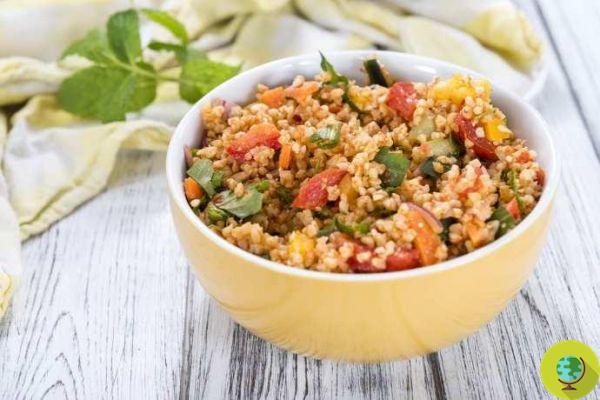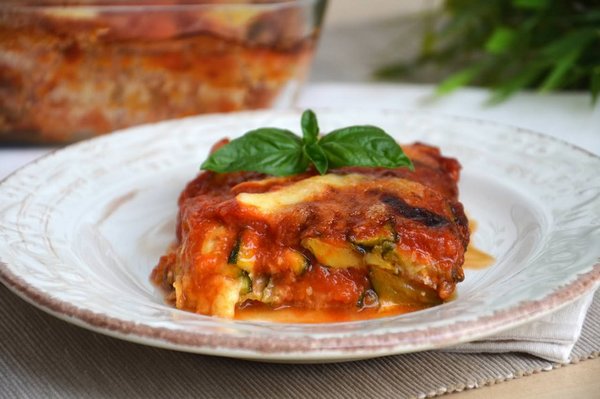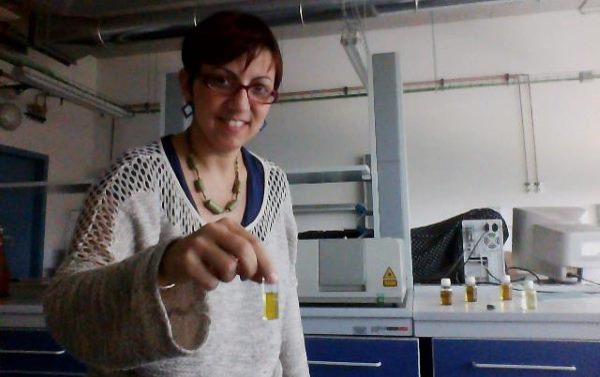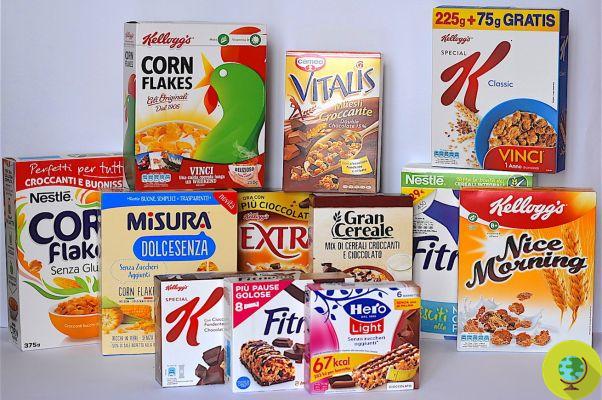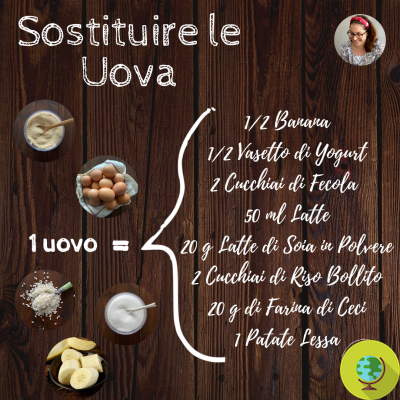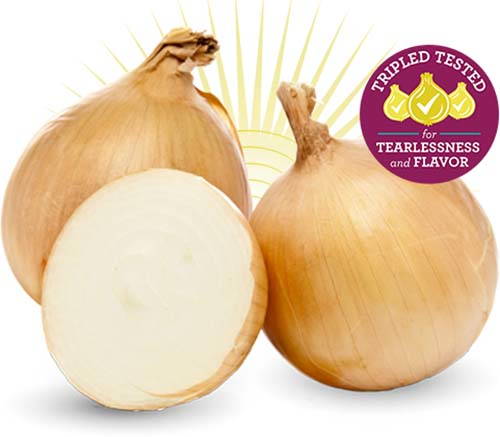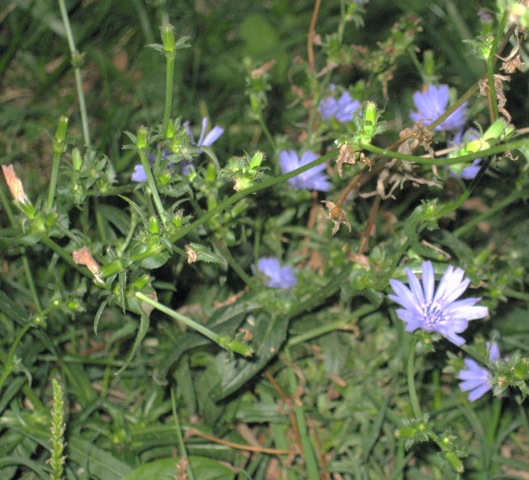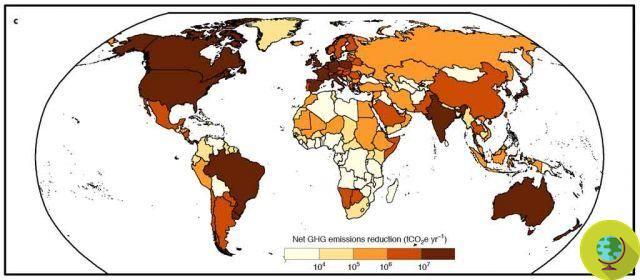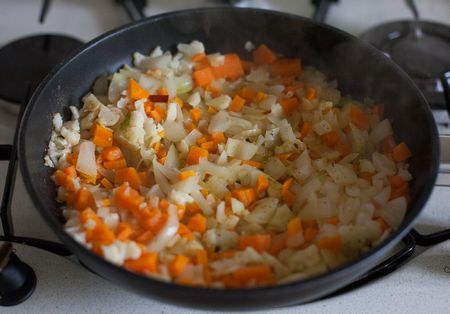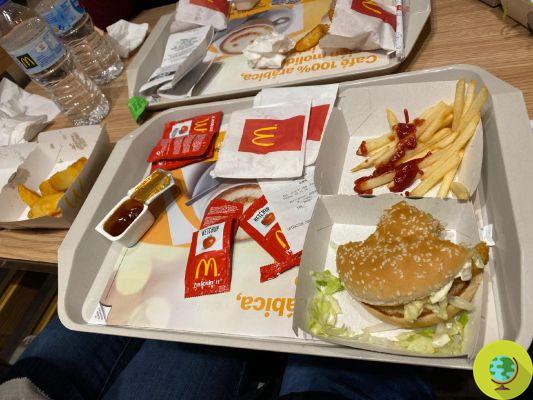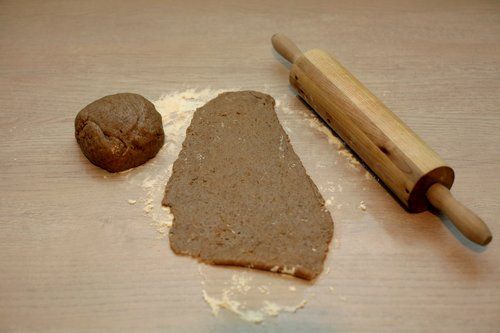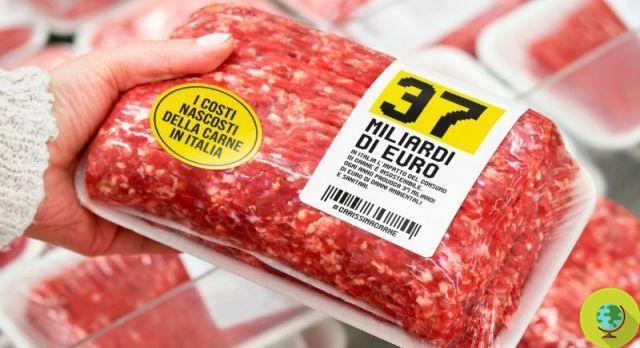
Not eating meat is good for the planet. A few hours from the start of the UN Rio + 20 Conference, an event that before starting already risks becoming a flop, LAV has its say on climate change: intensive farming and excessive meat consumption are one of the main causes of pollution. Then a series of proposals are launched, examined in 10 points, for a new "sustainable" food policy, which can be implemented immediately both by governments and by individual families.
Don't store avocado like this: it's dangerous
Not eating meat is good for the planet. A few hours from the start of the UN Rio + 20 Conference, an event that before starting already risks becoming a flop, LAV has its say climate changes: i intensive breeding and the excessive meat consumption I am one of main causes of pollution. Then a series of proposals are launched, examined in 10 points, for a new "sustainable" food policy, immediately feasible both by governments and by individual families.
After having analyzed and estimated i true and overall costs of the meat production cycle, analyzing all the impacts, environmentali, economic, healthy, ethical, that this production generates, according to the most important international studies of recent years, the animal rights association publishes the Report "The real costs of the meat production cycle", edited by Gaia Angelini, presented today in Rome e delivered to the Minister of the Environment Clini.
The European Union and the largest importer and world exporter of livestock products and the leading world importer of livestock products from developing countries, is the third world producer of C02 emissions after China and the USA and, therefore, confirms itself as the undisputed global political leader in the fight against climate change. For this, according to the Lav, "the livestock industry must undergo profound changes which not only represent a transformation of industrial processes, but a profound revision of food models hitherto oriented not according to food and nutritional needs of populations, but the effect of industrial production programs linked to the needs of economic growth ".
It is necessary to adopt policies to replace the production of animal proteins towards vegetable proteins and the elimination of subsidies along the entire livestock chain, which they have determined environmental, economic, welfare and health damage of citizens. “The Rio +20 Conference must be an opportunity for an agreement centered on effective measures for a change in the future of our one Planet, by reducing the impacts of intensive farming on the environment and on animals ”, says Paola Segurini, head of LAV Vegetarismo and Cambiamenu.com. For this Rio +20 must be the moment in which the institutions, after hundreds of scientific studies that confirm and recommend it, adopt policies for a sustainable plant-based diet.
Here then is the Decalogue of the main recommendations that the national and community legislator should adopt in a collective perspective of a sustainable food model:
1) Converting intensive farming which are based on industrial-type processes
2) Abolish subsidies that incentivize meat production in order to significantly reduce its production; encourage the production of vegetable proteins for human consumption rather than for feed.
3) Abolish the export and import of live animals from non-EU countries and the subsidies that support them.
4) Promote through the CAP reform, production and the consumption of vegetable proteins instead of meat as a responsible and sustainable alternative from an environmental, economic and ethical point of view.
5) Devote a line of financing to vegetable proteins in the financial framework of the CAP and the shift of meat subsidies to vegetable proteins, up to the abolition of any contribution to the livestock sector.
6) Carry out independent international technical studies on greenhouse gas emissions associated with the meat production cycle.
7) Include CO2 emissions from the meat production cycle in the European trading system of emission rights and in international negotiations.
8) Set clear goals reduction of CO2 emissions from the meat production cycle.
9) Introduce a tax on CO2 emissions coming from animal husbandry.
10) Introduce legislation on labeling and traceability of meat and meat products so that consumers can effortlessly recognize the origin of the animal, where it has been possibly transported, how and where it was raised, how many kilometers he traveled in life and where he was killed and slaughtered. Furthermore thelabeling must clearly specify the farming methods used. This will help guide consumers towards responsible choice.
Roberta Ragni
Read also:
- Red meat is a serious health hazard
- Pink Slime: the “pink slime” scandal that is undermining the consumption of meat in the USA






